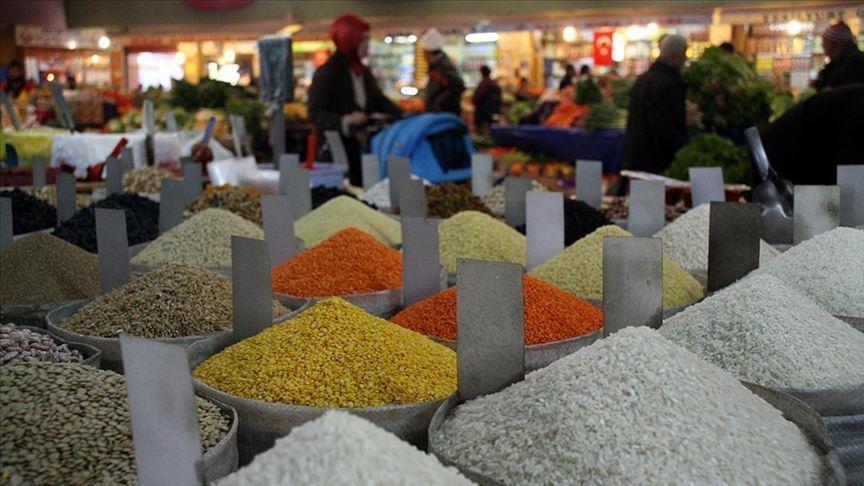Africa-Press – Eritrea. Global food prices are on the rise with extreme weather conditions caused by climate change, as prices of coffee, cocoa, and rice increased in various countries as a result of floods, storms, and high temperatures.
The impact of climate change on food prices, based on various reports from different countries, was evaluated in a recent study by European researchers titled “Climate extremes, food price spikes, and their wider societal risks.”
Food products were found to be affected differently by where they are grown, the study showed. Severe drought in southern Europe in 2022-23 led to a 50% rise in olive oil prices over a one-year timeframe across the EU in January, while potato prices in the UK increased 22% in early 2024 due to high precipitation.
Heat waves in East Asia, particularly in the majority of South Korea, Japan, China, and India, resulted in cabbage prices rising 70% in September 2024, Japanese prices increasing 48%, and Chinese vegetable prices going up 30% in June and August.
The Vietnamese coffee species robusta saw a 100% price increase in July due to a heat wave in February 2024, while Indonesian rice increased by 16% following a drought in 2023.
Food prices in Pakistan’s rural areas jumped by 50% in August 2022, following floods, while a heat wave in May 2024 drove Indian onion and potato prices to climb by 89% and 81%, respectively, in the second quarter of the year.
Floods in 2022 caused lettuce prices in Australia to skyrocket 300%, while heat waves in March 2024 drove corn prices in South Africa up 36%. Ethiopia’s 2022 drought caused food prices to rise by 40% in 2023.
In 2022, drought in California and Arizona—two states that account for more than 40% of American vegetable production—caused vegetable prices to skyrocket 80% by November 2022.
Following a drought in Mexico in 2023, fruit and vegetable prices have risen by 20% since the beginning of 2024, according to the study.
Climate change increased prices not only in each country’s domestic markets but also on a global scale. Brazil, the world’s largest coffee producer, experienced a drought in 2023, driving up global coffee prices by 55% in August 2024.
Ghana and the Ivory Coast, which account for roughly 60% of global cocoa production, experienced extreme heat in February 2024. The prolonged drought beginning in 2023, combined with heat waves, resulted in a nearly 300% increase in cocoa prices in April 2024, according to the study.
Food price hikes caused by climate change can also pose a number of social risks, as they affect food security, particularly for low-income households, making them more vulnerable to disease and putting additional strain on the healthcare system and public spending to meet the need.
Rising food prices can also cause overall inflation, posing a risk to developing countries where food prices account for a significant portion of inflation.
For More News And Analysis About Eritrea Follow Africa-Press







